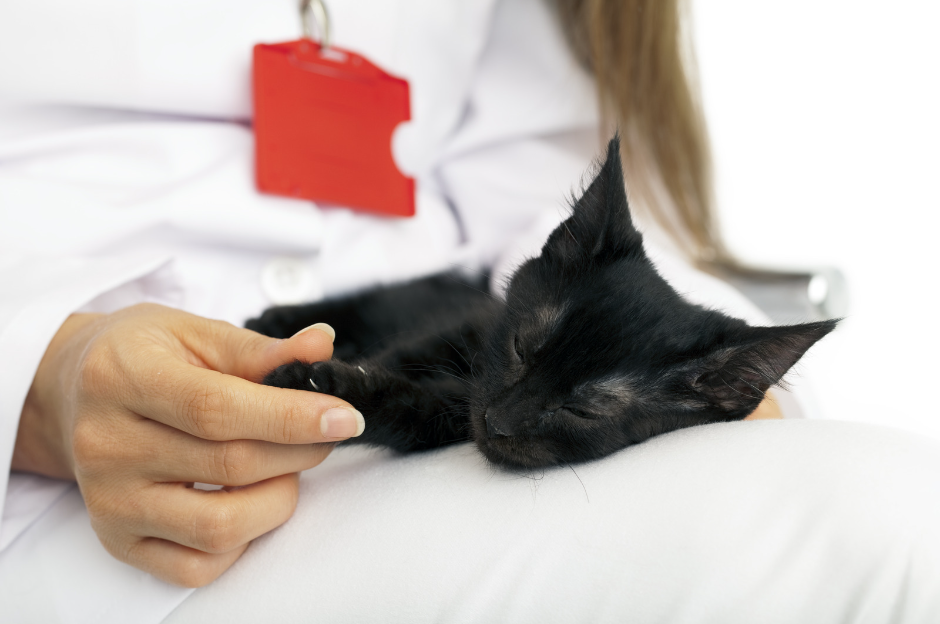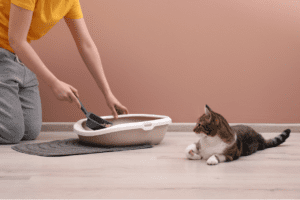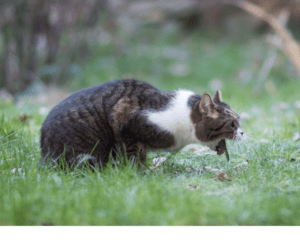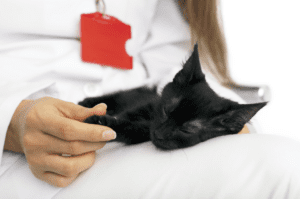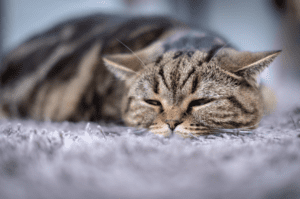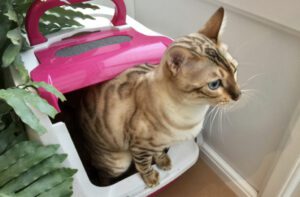Colitis is one of the many gastrointestinal disorders that affect cats. It is a condition in which the intestine becomes inflamed, and may cause many different symptoms. While there is no cure for colitis, early detection and treatment are essential to preserving the cat’s health. Here are some key facts every pet owner needs to know about colitis in cats:
What is Colitis?
Colitis in cats is characterized by inflammation of the intestines. When this happens, the intestines can become enlarged and filled with fluid, leading to a wide range of symptoms, including dehydration and weight loss. Colitis can be acute or chronic and can occur in cats of any age, breed, and sex.
There is no specific cause for colitis, but it is believed to be associated with a combination of environmental and dietary factors. These factors include stress or anxiety, sensitivity to food, and a poor diet. Colitis is also often triggered by a viral or bacterial infection, feline immunodeficiency virus (FIV), pancreatitis, intestinal parasites, inflammatory bowel disease (IBD), and irritable bowel syndrome.
Symptoms of Colitis in Cats
The symptoms of colitis in cats can vary greatly depending on the severity of the condition. However, the most common symptoms include the following:
- Weight loss
- Runny or soft stool with mucus or red blood
- Changes in appetite
- Increased flatulence
- Discomfort in the lower abdomen
- Increased frequency of urination and bowel movements
- Constipation or excessive straining during defecation
If you notice any of these symptoms in your cat, it is essential to seek veterinary care as soon as possible.
Diagnosing Colitis in Cats
The diagnosis of colitis in cats is typically based on the history and symptoms that your cat presents. However, a few other tests may be necessary to rule out other potential causes of the condition. These tests include a blood test to check for signs of an infection, a fecal exam to look for parasites or intestinal bacteria and an x-ray for any signs of intestinal obstruction. The vet may also request a complete blood count (CBC) and chemistry and electrolyte tests.
Possible Treatment Options
There is no cure for colitis in cats, but treatment options vary depending on the severity of the condition. Treatment typically focuses on relieving the symptoms and managing any underlying causes. Common treatments include antibiotics, pain medication, and antacids. Surgery may sometimes be needed to remove the inflammation from the intestine.
Colitis is a common condition in cats that can be highly debilitating. If you notice any of the symptoms listed above in your cat, it is crucial to seek veterinary care as soon as possible. If left untreated, colitis can lead to serious health complications, including death.
Outlook
The outlook for cats with colitis is usually good, provided the condition is diagnosed and treated early. Treatment can often provide a significant degree of relief from the symptoms and, in some cases, may allow the cat to return to normal life.
However, in some cases, colitis can be a life-long condition and require ongoing treatment. If the treatment does not seem to work or your cat develops serious complications, seek veterinary care as soon as possible.
Prevention
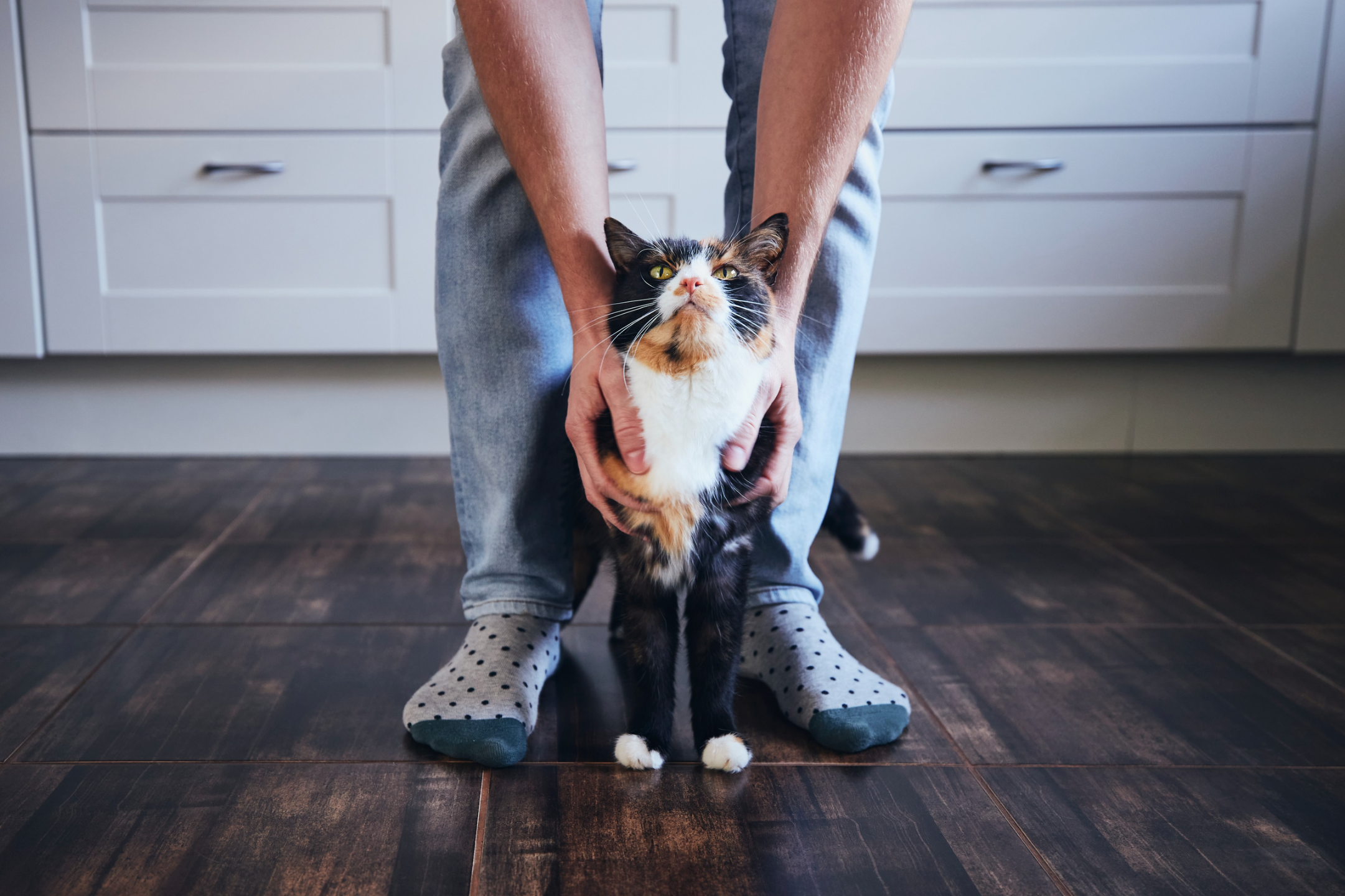
While there is no cure for colitis in cats, there are some steps you can take to help prevent the condition from developing in the first place.
- Keeping your cat indoors can help prevent them from being exposed to infectious diseases and other environmental hazards that can cause symptoms of colitis to develop.
- Maintaining a healthy diet and regular grooming schedule can also help reduce the risk of developing colitis in your cat.
- Regular veterinary checkups are essential because they can detect conditions like colitis early and provide the necessary treatment to keep your pet healthy.
- Certain medications can also make a cat more susceptible to developing colitis, so it is essential to use caution when giving your pet medication. Always follow the instructions on the package carefully, and never give your cat medication unless your veterinarian has prescribed it.
- Avoid feeding your cat a high-protein diet, which can cause additional stress on the digestive system and lead to colon inflammation. A well-balanced diet can help keep your cat healthy and reduce the risk of developing other conditions that can increase the risk of colitis.
- Keep your cat away from cleaning chemicals such as bleach and ammonia, which can irritate the digestive tract.
Takeaway
Colitis in cats is very common and can be a serious condition with severe health consequences for your pet. Its symptoms are similar to many other gastrointestinal problems, which may make it difficult to diagnose correctly. Still, with close observation and tests, the vet can diagnose and determine the cause of the disease. The veterinarian can then recommend the course of treatment for your cat depending on the cause and severity of its colitis. This condition cannot be cured completely, but the symptoms can be managed by treating the underlying disease. Proper treatment can also help prevent colitis in cats from recurring.
